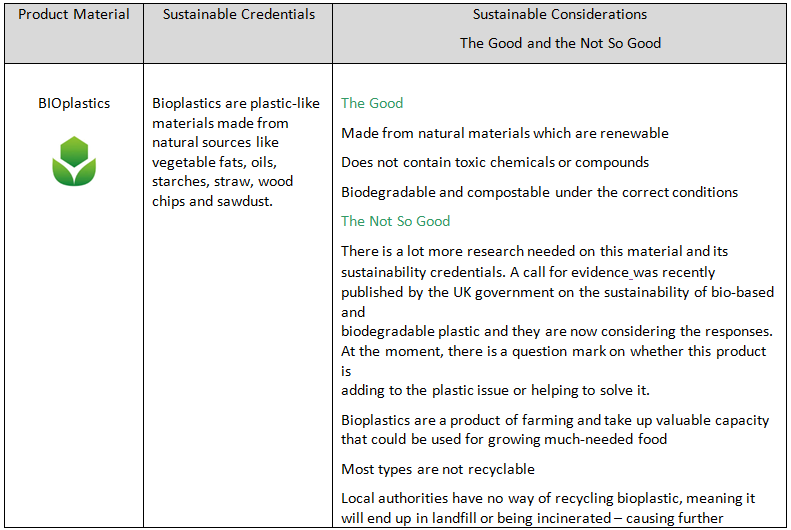

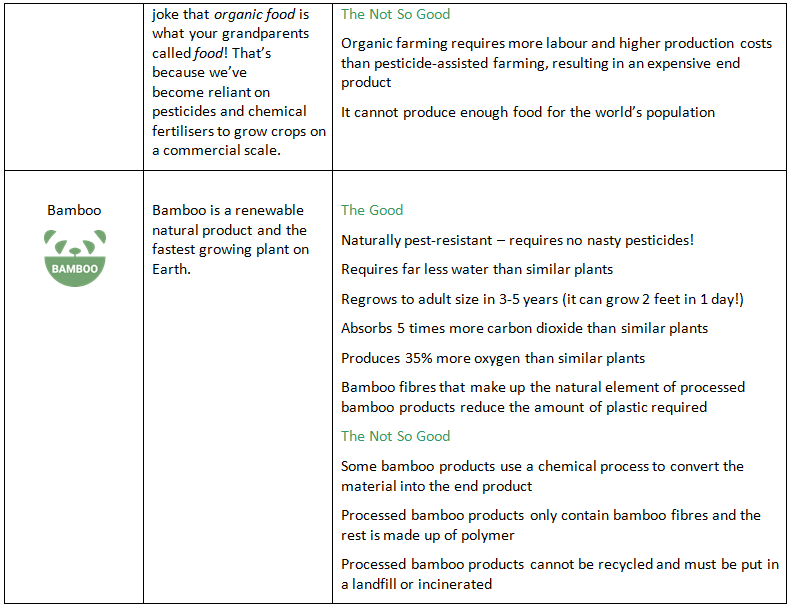
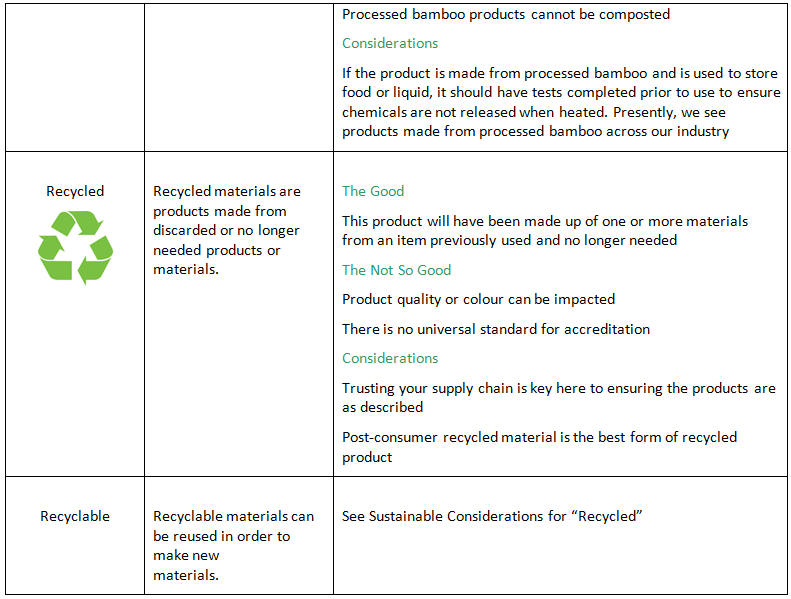

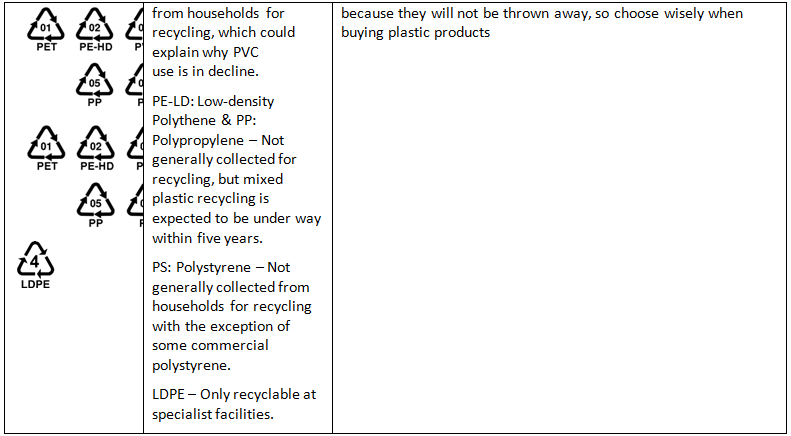
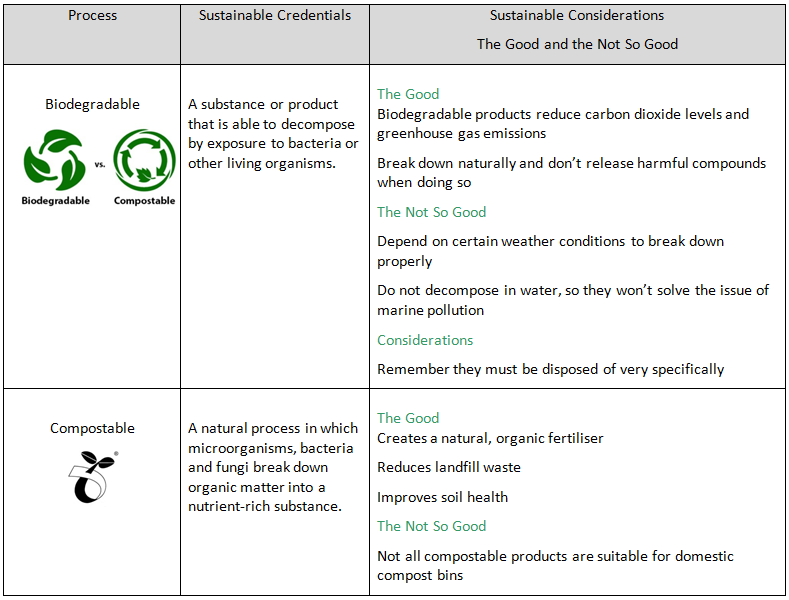

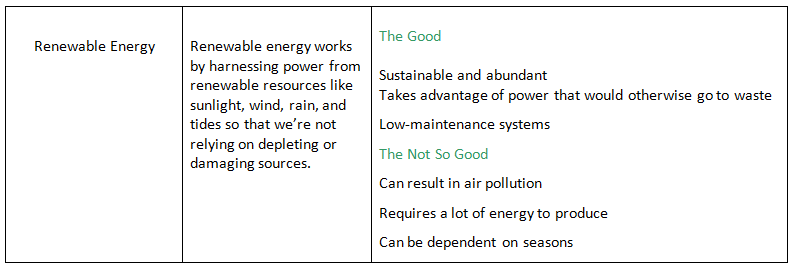
Eco Terms
Let’s take a look at some general eco terms and what they mean:
Biodiversity: Biodiversity is the level and variation of life in a particular environment. High biodiversity means that plant and animal life is thriving, while low biodiversity suggests that only a small amount of natural life is supported.
Bioaccumulation: This super-sciency sounding term is what we call the accumulation of materials within an organism. Over time, chemicals and pesticides build up in certain organisms – often at a much faster rate than the organism can get rid of those substances.
Carbon Emissions: Carbon emissions are released when fossil fuels are burnt, causing harmful greenhouse gasses to be released into the atmosphere.
Carbon Footprint: Carbon footprint is determined by the amount of carbon dioxide a person, product or organisation emits.
Climate Change: Climate change is a change in climate patterns caused by an increase in carbon dioxide. This has a knock-on effect on the environment and causes global temperatures to rise, leading to the shrinking of glaciers and disruptions to natural habitats.
Corporate Responsibility: In terms of sustainability, corporate responsibility refers to the self-regulated goals of a company or organisation to reduce their carbon footprint and adopt sustainable business practices.
Deforestation: This refers to the removal of trees from forest areas to make room for other things that certainly aren’t forests… When deforestation occurs, habitats are lost, and greenhouse gases are increased.
Eco: ‘Eco’ has become an umbrella term for anything that is beneficial for the environment. It also refers to any product or practice that is less harmful than non-eco alternatives.
Global Warming: This describes the warming up of the planet over time as a result of greenhouse gas emissions and carbon dioxide.
Greenhouse Effect: Gases in the Earth’s atmosphere trap heat from the Sun, causing the Earth to get hotter. This process is similar to the heat-trapping phenomenon experienced with actual greenhouses.
Greenwashing: This relatively new term that suggests that an environmental claim is misleading and has just been made in order to make the manufacturer appear to care about the planet.
Sustainable: And just like that, we’ve come full circle in our discussion of sustainability jargon. The word itself means maintaining something at a
certain level, so in terms of the Earth, we want to make sure we are using processes and materials that we can continue to use over a long period of time in order to cause as little damage to the environment as possible.
In Summary
We hope this article helps to demystify some of the jargon around sustainability, and we encourage you to share this information with your friends and family so that we can all understand the change we’re working towards that little bit better.
Popular Accreditations:











